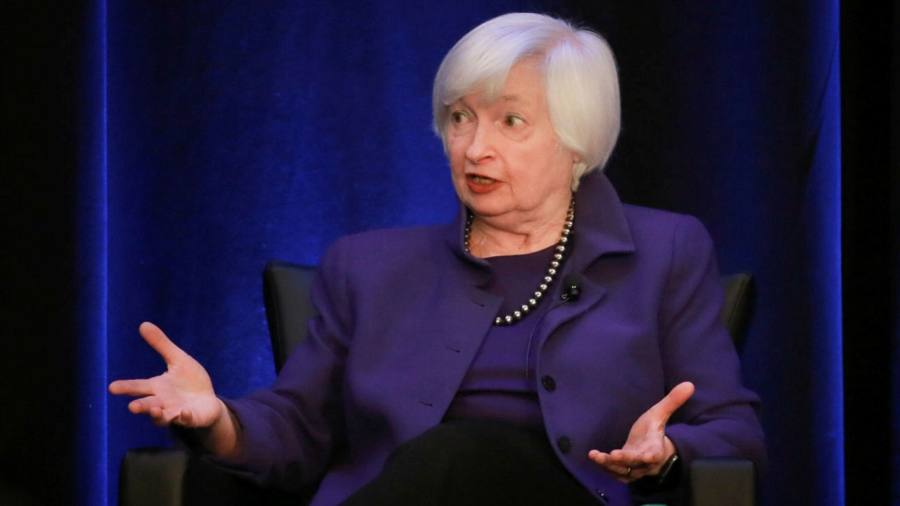[ad_1]
The global response to coronavirus has left much to be desired. Former US president Donald Trump’s nationalist instincts and a divisive election campaign meant the world’s most powerful country looked inward, more concerned with assigning blame to China and leaving the World Health Organization than convening a fuller international response. Other rich countries, too, have focused first on protecting their own citizens and only then on initiatives — however welcome — such as a G20 debt suspension drive and the WHO-backed Covax programme of vaccine distribution.
A new US administration, however, is looking for ways to revitalise multilateralism, whether through engagement with the OECD’s proposed reforms to international corporation tax or Treasury secretary Janet Yellen’s call for the IMF to issue more special drawing rights, the fund’s equivalent of central bank reserves, to help poorer countries cope with the economic damage from the pandemic.
Yellen’s intervention removed the US veto and paved the way for the G20 group of finance ministers and central bankers to say in a statement after their meeting last Friday that the IMF “should formulate a proposal for a general SDR allocationâ€.
The secondary economic impacts of the pandemic have hurt many poorer countries, even those that have avoided mass infection, as international tourists have stayed away and normal trade has been interrupted. The pandemic has brought to an end decades of poverty reductions. Between 88m and 115m people fell back into extreme poverty — defined as living on less than $1.90 a day — last year, according to World Bank estimates.
Many governments have been able to turn to capital markets for funding after rich-country central banks helped them to reopen by pumping billions of newly created dollars into financial markets. But other smaller and medium-sized countries, particularly in Africa, have struggled. The need for financing, however, has never been greater, both to combat the health effects of the pandemic and to aid the eventual recovery.
Allocating a new round of SDRs — an IMF reserve asset backed by international currencies — would avoid the stigma of normal IMF lending programmes. Many countries appear to have avoided asking the fund for help during this pandemic because of concerns over both the political cost of turning to the organisation and the reforms that it asks for in exchange. As an act of money creation, rather than lending, there would be no such “quid pro quo†with creating new SDRs. They have a proven record as a technical solution: in 2009, a $250bn issue of SDRs helped stabilise the global economy.
Normally SDRs are assigned based on a country’s IMF quota, roughly based on their weight in the world economy. This time the rich countries should either reallocate their shares — there is little shortage of liquidity in advanced economies — or put them in the equivalent of a trust for poorer countries. That would, ultimately, be in their own interests: coronavirus is a global problem, and a global solution is needed to bring it under control.
Just as the pandemic will not be over anywhere until it is over everywhere, neither will the economic crisis. Rich countries will face economic and political costs if poorer countries face a permanent setback to growth. It is in the interests of advanced countries to use the infrastructure of multilateral organisations and facilitate a more robust international response. That would, ultimately, be a better way to protect their own societies.
[ad_2]
Source link






